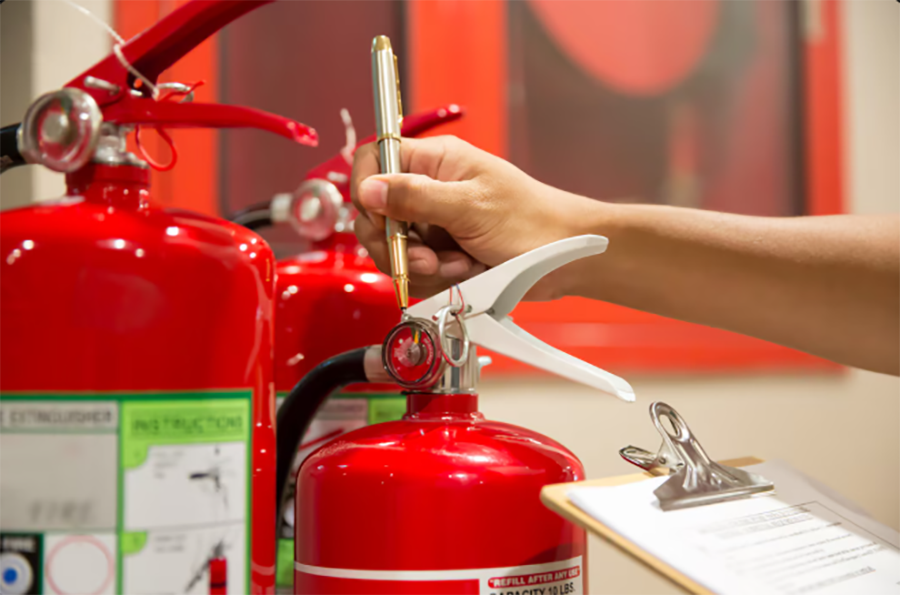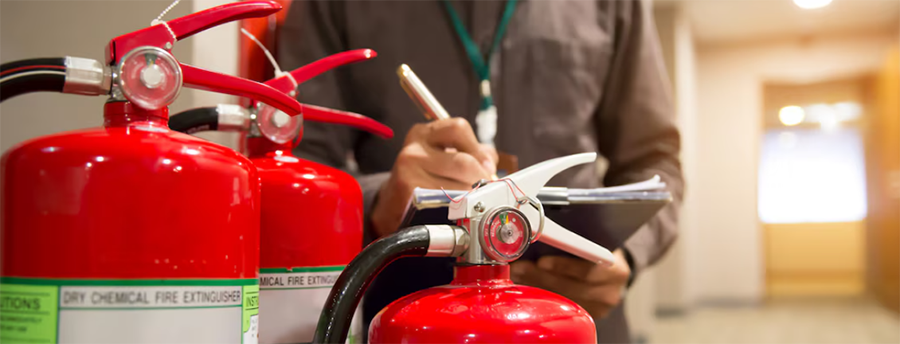
At AOFEI, we think that fire safety is not merely a precaution, but a responsibility. With more than three decades of presence in Singapore‘s fire protection sector, we strive to enable people and companies to stay safe with seasoned advice and first–class fire safety solutions. One of the most significant components of any fire protection plan is fire extinguishers—basically, discovering what the letters and color codes mean, and how to operate them. Throughout this article, we‘ll guide you through fire extinguisher types, classes, and how AOFEI can assist your safety plan with reliable kit, servicing, and complete fire safety solutions.

Why Fire Extinguishers Are Not One-Size-Fits-All
Choosing the right fire extinguisher can be the difference between the fire being put out in the blink of an eye or spreading throughout. All extinguishers are designed to extinguish a specific class of fire, which is characterized by letters: A, B, C, D, F, and electrical equipment fires.
Below is a quick description of fire classes:
Fire Class | Caused by |
Class A | Solid materials like wood, paper, or textiles |
Class B | Flammable liquids such as petrol or paint |
Class C | Flammable gases like propane or butane |
Class D | Combustible metals (e.g., magnesium) |
Electrical | Fires involving electrical equipment |
Class F | Cooking oils and fats |
We here at AOFEI help our clients test their premises so the right extinguishers may be fitted in the right locations, based on the specific fire risks present.AV
How to Operate a Fire Extinguisher: The PASS Method

In an emergency, the difference between life and death is knowing how to operate a fire extinguisher correctly. We teach the PASS method:
Pull the pin
Aim the nozzle at the bottom of the fire
Squeeze the handle
Sweep back and forth
Along with our services, AOFEI provides on-site fire safety training to instruct your employees on how to use extinguishers effectively and respond during emergencies.